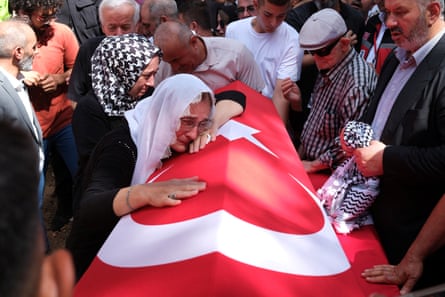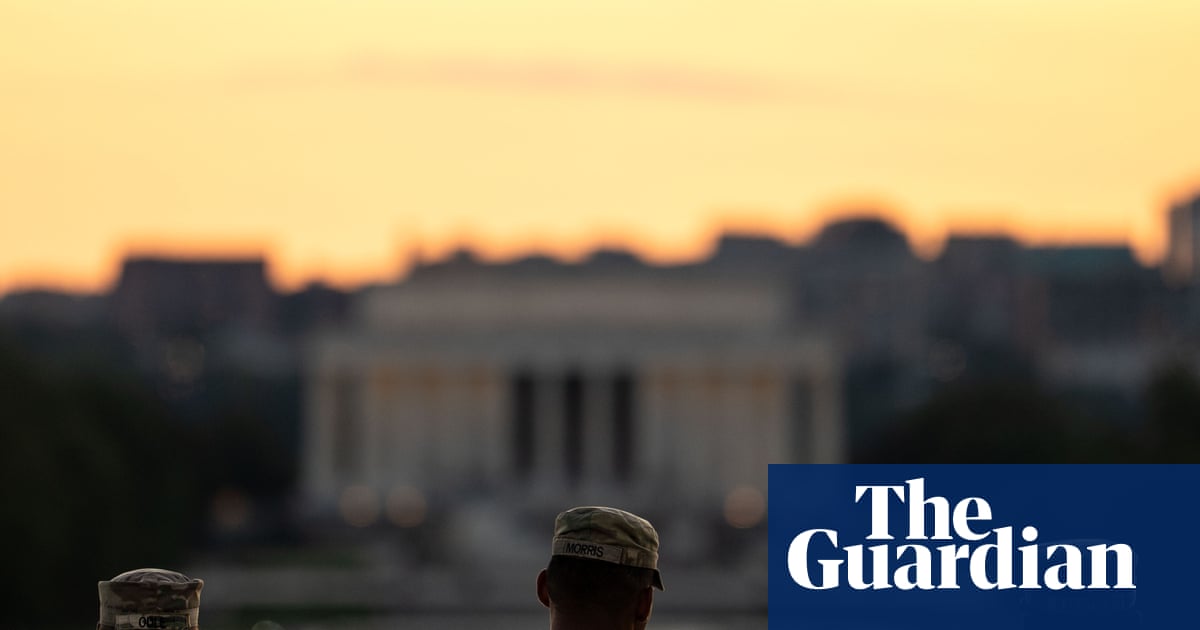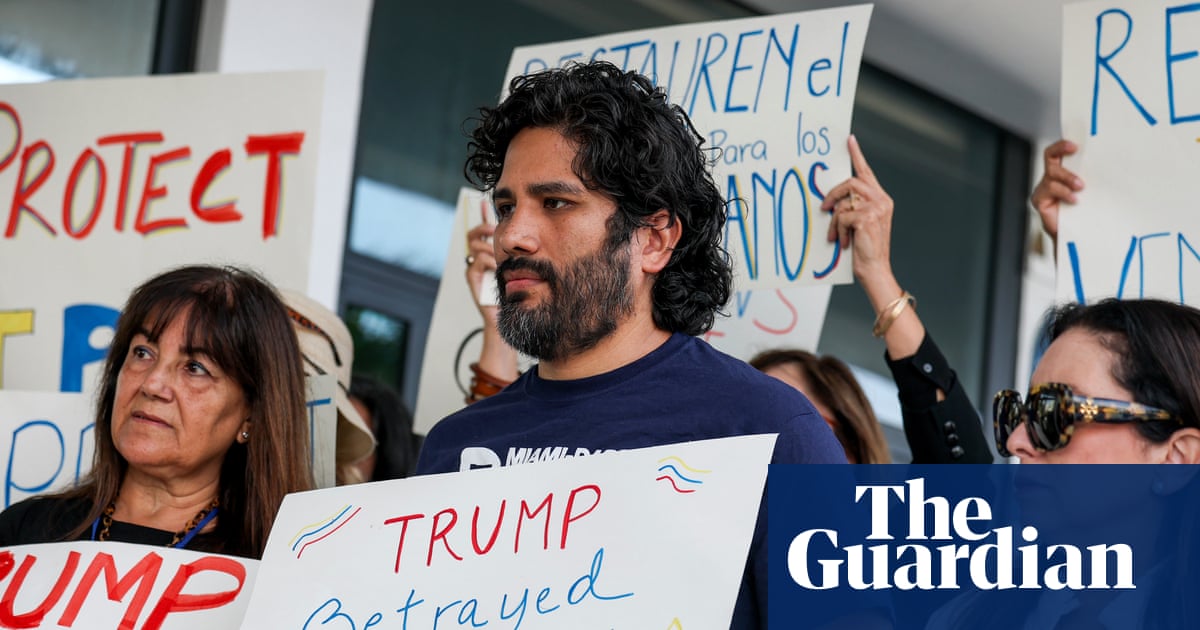Özden Bennett’s first reaction after learning of her younger sister’s killing was disbelief. Ayşenur Ezgi Eygi had traveled to the occupied West Bank just three days earlier to volunteer with Palestinian communities facing violence at the hands of Israeli soldiers and settlers.
But the shock and grief quickly gave way to dread – “that nothing would come of it, that she would have just died under that olive tree and that was it”, Bennett said this week, before the anniversary of Eygi’s death.
Eygi, a 26-year-old American Turkish woman, was shot in the head on 6 September 2024 by an Israeli sniper. She had been attending a protest against settlement expansion near Nablus in the Israeli-occupied West Bank.
Eygi’s family feared that securing justice would be an uphill battle. Indeed, one year later, nobody has been held accountable. An Israeli military investigation concluded within days of the incident that it was “highly likely” Eygi had been hit “indirectly and unintentionally by IDF fire which was not aimed at her” but rather at others whom it alleged were throwing rocks. (A Washington Post investigation found that Eygi was shot half an hour after any clashes between protesters and soldiers, and that she was standing 200 yards from the soldiers.)
US officials called the killing “unprovoked and unjustified” but, despite her family’s repeated requests, never launched an investigation of their own. (The Turkish government did, concluding that Eygi had been “deliberately targeted”, and it submitted evidence to the United Nations Security Council, the international court of justice and the international criminal court.
Eygi was one in a string of US citizens killed by Israeli forces in occupied Palestinian territory in recent years, including the journalist Shireen Abu Akleh, who was killed by a sniper while reporting on military raids in Jenin in 2022. Since 7 October 2023, Israeli forces and settlers have also killed at least four Palestinian Americans in the West Bank.

“I’m heartbroken that there are so many families who have experienced the same thing,” said Bennett. “It’s infuriating because if something was done, and if Israel was held accountable … all those that have come after, they should still be here.”
The absence of accountability has not been for lack of effort. When Eygi’s family first sat down with then US secretary of state Antony Blinken last December, they asked him: “What can you do?” recalled Hamid Ali, Eygi’s husband.
The response, he said, amounted to “a lot of shoulder shrugging”.
The state department told the family that launching an investigation would be a prerogative of the justice department, which wrote in a letter to the family that they would “carefully review” their request. They never followed up.
A spokesperson for the state department said in a statement that the it had “no higher priority than the safety and security of US citizens”, but referred the Guardian to the Israeli government for updates. The justice department and IDF did not respond to requests for comment.
“There are no red lines when it comes to Israel,” Bennett said, noting that the family is nonetheless “determined to show up, year after year, making the same demand for an independent investigation – because that’s the bare minimum and the right thing to do”. Later this month, they will be in Washington along with the families of other US citizens killed by Israeli forces and settlers to collectively advocate for a more robust response from the US government.
The experience of seeking justice for Eygi has been deeply disillusioning for Ali, who had been married to Eygi for three years before she died.
In more than a dozen meetings with the state department and members of Congress,, he said, Eygi’s family pointed to former attorney general Merrick Garland’s words following the killing of several US citizens during the 7 October 2023 Hamas attacks in Israel. Garland said that the US government would investigate “each and every one of the brutal murders of Americans”.
Hamid condemned what he said were clear double standards. “We’re just holding them to their own words,” he said.
Ali spoke from Eygi’s family’s home town in Turkey, where she was buried near her grandmother and where a ceremony was held on Saturday to commemorate her. She loved Turkey and had made it a condition before their wedding that they would visit at least once a year, Ali said.
Growing up in a Turkish household, Eygi and her sister were more tuned into global news than their peers in the US, Bennett said, and they were always aware of Israel’s occupation of Palestinian territory and the periodic escalations in bombing and violence in Gaza. But it was after 7 October that advocating for Palestinian liberation became Eygi’s “whole world”, she added.
At the University of Washington, Eygi became involved with the boycott, divestment and sanctions movement and with the student encampments. When she graduated with a degree in psychology, she hesitated about making her first trip to Palestine, concerned about the security risks. But she ultimately decided she needed to witness the occupation first-hand, and traveled to the West Bank as a volunteer with the International Solidarity Movement.
Eygi, Ali said, had a knack for encouraging others “not to feel so hopeless”, he added.
“I’m very cynical, and she kept reminding me that the exact function of these power systems is to make you feel like you’re just one against this mammoth,” he said. “But collectively, we’re able to take action and actually be effective.”
“She had many sides to her,” Bennett said. “The part that gets focused on obviously is her activism and advocacy, and her passion for human rights in general, but especially Palestinians’ rights. But she was also a goofy 26-year-old. She was my little sister.”

 German (DE)
German (DE)  English (US)
English (US)  Spanish (ES)
Spanish (ES)  French (FR)
French (FR)  Hindi (IN)
Hindi (IN)  Italian (IT)
Italian (IT)  Russian (RU)
Russian (RU)  4 hours ago
4 hours ago
























Comments